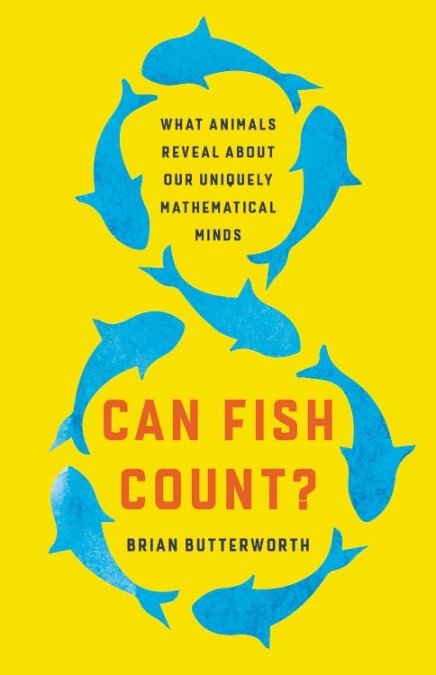Photo credit: Mat Smith Photography
Brian Butterworth
Brian Butterworth is emeritus professor of cognitive neuropsychology at the Institute of Cognitive Neuroscience at University College London. His research has ranged from speech errors and pauses, short-term memory deficits, dyslexia, reading both in alphabetic scripts and Chinese, and mathematics and dyscalculia. He was editor-in-chief of Linguistics and a founding editor of Language and Cognitive Processes and Mathematical Cognition. He is a fellow of the British Academy.
In 1984 he diagnosed President Ronald Reagan on the basis of speech errors in his presidential re-election speeches in an article in the Sunday Times as having Alzheimer's disease 10 years before this was formally identified. He also designed the world’s largest mathematical experiment involving over 18,000 people at Explore-At-Bristol.
In 1994 he organized the first truly interdisciplinary meeting of researchers in numerical cognition at the School of Advanced Studies in Trieste, out of which came several grant-funded research projects with labs in London and collaborations with labs in Italy. He also founded two European networks devoted to the neuroscience of numerical abilities, Neuromath (2000–2003, six labs) and Numbra (2004–2008, eight labs). The Leverhulme Trust and the Australian Research Council funded his pioneering studies of the numerical abilities of Australian Aboriginal children who speak languages with no counting words.
With colleagues in Australia, he has published the longest longitudinal study of arithmetical development in children from kindergarten to age 11, with more than 150 children tested at each age; and with colleagues at the Cuban Centre for Neuroscience, he has published the largest prevalence study of developmental dyscalculia – 11,500 children in the sample, nearly 2,000 tested individually.
In 2017 he convened an international meeting devoted to the topic of the numerical abilities of animals – four days at the Royal Society and one day at the Institute of Philosophy in London. The Royal Society published a special issue of its Philosophical Transactions devoted to the meeting, which was written up by Natalie Angier in the New York Times. Currently, he is the co-holder of a major grant on the genetics of fish numerical abilities.
His first popular science book, The Mathematical Brain (Macmillan, 1999; published as What Counts: How Every Brain is Hardwired for Math by The Free Press in the US), was translated into Italian, Chinese, Japanese and Swedish. He has also written many popular pieces for a general audience, appeared frequently on radio and TV around the world, and is active on social media. In January 2019, an episode of BBC Radio 4’s science programme ‘The Infinite Monkey Cage’ was devoted to the origins of numbers and fish counting. On YouTube’s Numberphile channel, his video ‘Can fish count?’ has had 155,000 views and his video ‘Dyscalculia’ has been seen over half a million times.


